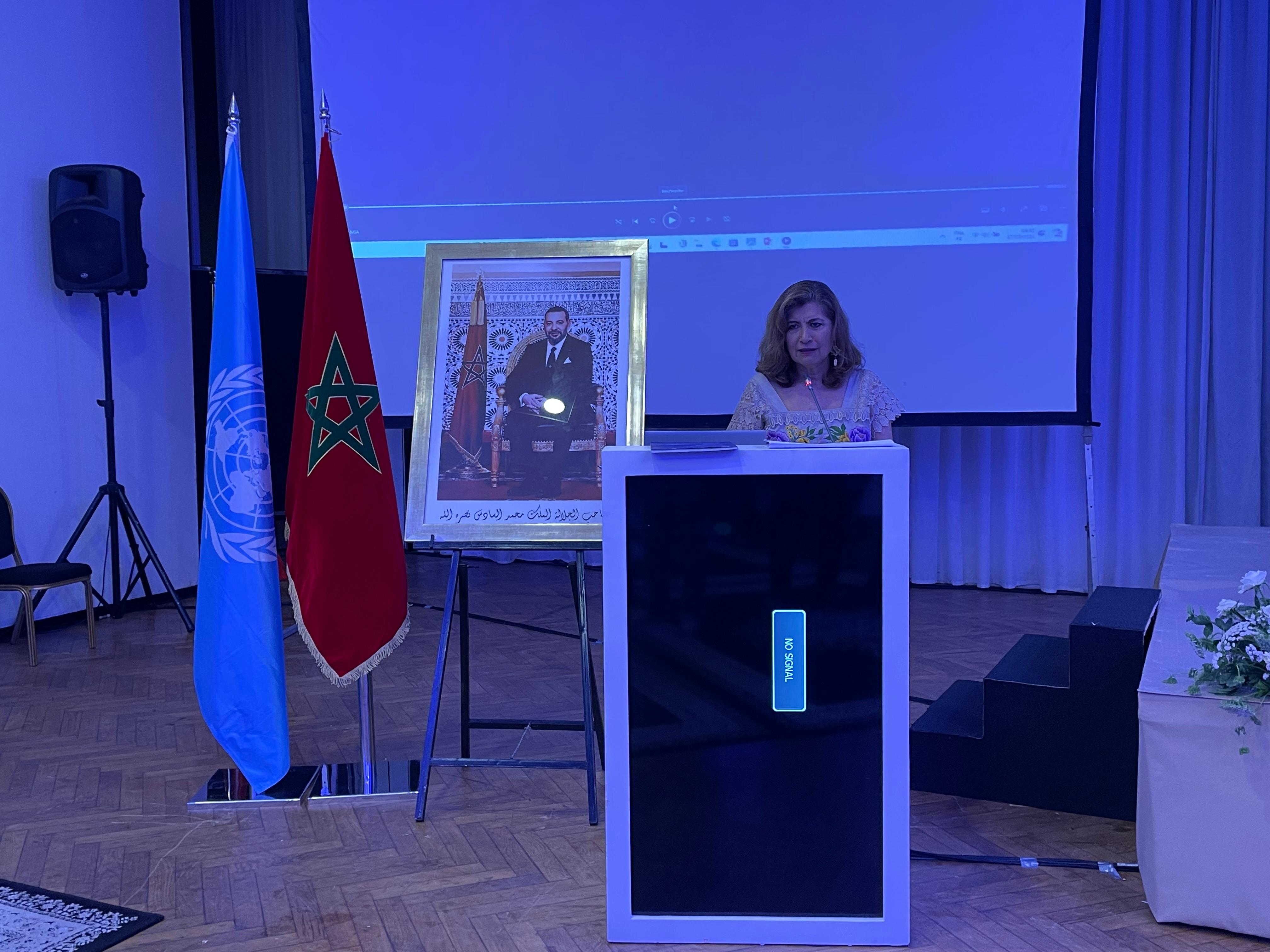-
16:20
-
15:50
-
15:20
-
14:50
-
14:20
-
13:50
-
13:20
-
12:50
-
12:30
-
12:20
-
12:00
-
11:59
-
11:50
-
11:30
-
11:20
-
11:00
-
10:50
-
10:30
-
10:20
-
10:00
-
09:50
-
09:50
-
09:30
-
09:20
-
09:00
-
08:50
-
08:50
-
08:30
-
08:20
-
08:11
-
08:00
-
07:50
-
07:30
-
07:00
-
17:50
-
17:20
-
17:00
-
16:50
Morocco Emerges as a Driving Force for Ethical Artificial Intelligence
In a remarkable stride towards embracing a responsible and inclusive approach to artificial intelligence (AI), Morocco unveiled a pivotal report during a high-level national conference in Rabat on May 17th. This major event, chaired by Ms. Ghita Mezzour, Minister Delegate to the Head of Government in charge of Digital Transition and Administration Reform, and Ms. Gabriela Ramos, UNESCO Assistant Director-General for Social and Human Sciences, brought together key stakeholders from Morocco's AI sector.
The report offers a comprehensive overview of the current state and future prospects of AI in the country. Although Morocco has yet to unveil an official national AI strategy, the assessment highlights that the Kingdom possesses a conducive environment for the flourishing of a comprehensive AI vision. Efforts to strengthen the digital ecosystem, particularly in terms of connectivity, data access, cybersecurity, and personal data protection, are underscored as crucial elements for the development of AI in Morocco.
The report outlines concrete recommendations to fully harness the opportunities presented by AI while mitigating its negative impacts. These recommendations span key areas such as regulation, institutional frameworks, investments, research and development, training, capacity building, computing and data infrastructure, as well as addressing the impact of AI on the labor market and the environment.
By adopting UNESCO's Recommendation on the Ethics of Artificial Intelligence, Morocco demonstrates a firm commitment to an inclusive and responsible AI. This report, the result of a 360-degree exploration of Morocco's AI landscape, paves the way for an engaged and sustainable vision of AI in the country.
Gabriela Ramos, UNESCO Assistant Director-General for Social and Human Sciences, highlighted the cultural and social challenges related to artificial intelligence that Morocco must address. She emphasized the need for various ministries and public institutions to leverage AI technologies to improve the quality of public services. Ramos also mentioned that the private sector can benefit from this technology, while underscoring the importance of ethical AI use.

By positioning itself as a pioneer in the field of AI in Africa and the Arab States, Morocco has acquired a valuable roadmap to guide the country towards a responsible and ethical use of AI. The Kingdom is thus committed to building a trusted, human-centric, and sustainable digital future.


